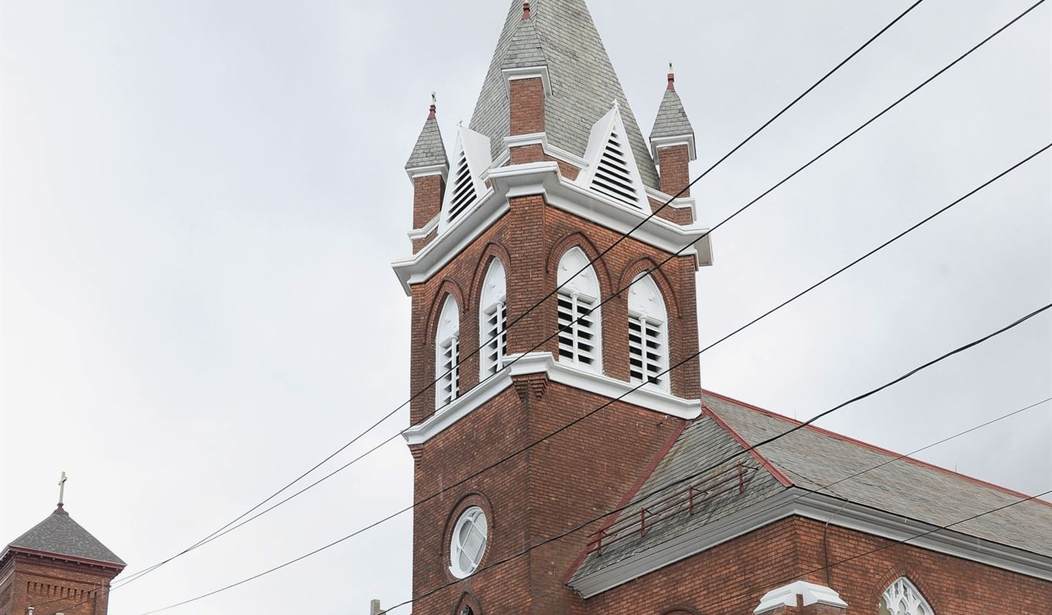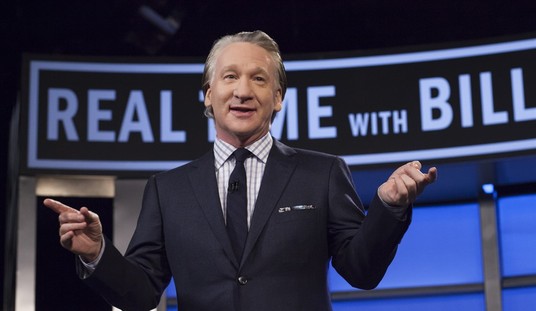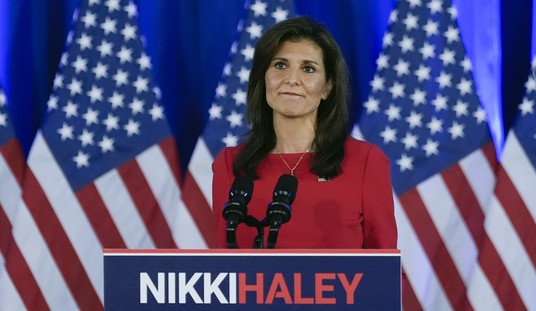A new report published by the General Social Survey says that for the first time ever, 'No Religion' is now the most popular choice for Americans, tying Catholicism and evangelicalism.
"'Religious nones' as they are called by researchers, are a diverse group made up of atheists, agnostics, the spiritual, and those who are no specific organized religion in particular. A rejection of organized religion is the common thread they share," CNN reports.
"It is the first time we have seen this. The same questions have been asked for 44 years," political scientist and Baptist pastor Ryan Burge told CNN.
"A person under the age of 40 is four times more likely to say that they have no religious affiliation today than in 1972. However, the jump in those over 40 is six times as likely," Burge tweeted.
A person under the age of 40 is four times more likely to say that they have no religious affiliation today than in 1972. However, the jump in those over 40 is six times as likely. Also note that young people are more likely to be evangelical today but less likely to be Catholic pic.twitter.com/Akv47OgTWu
— Ryan Burge ?? (@ryanburge) April 14, 2019
Recommended
Some atheists surmise that that rise of the internet and social media has replaced organized religion as a means for organizing and connecting with community.
"The ease of access to the internet helped build communities where they didn't feel alone," says Nick Fish, the president of American Atheists.
Burge estimates that "Religious nones" will be the outright most popular group within a decade. Over 2,000 people were interviewed in person for the survey.

























Join the conversation as a VIP Member